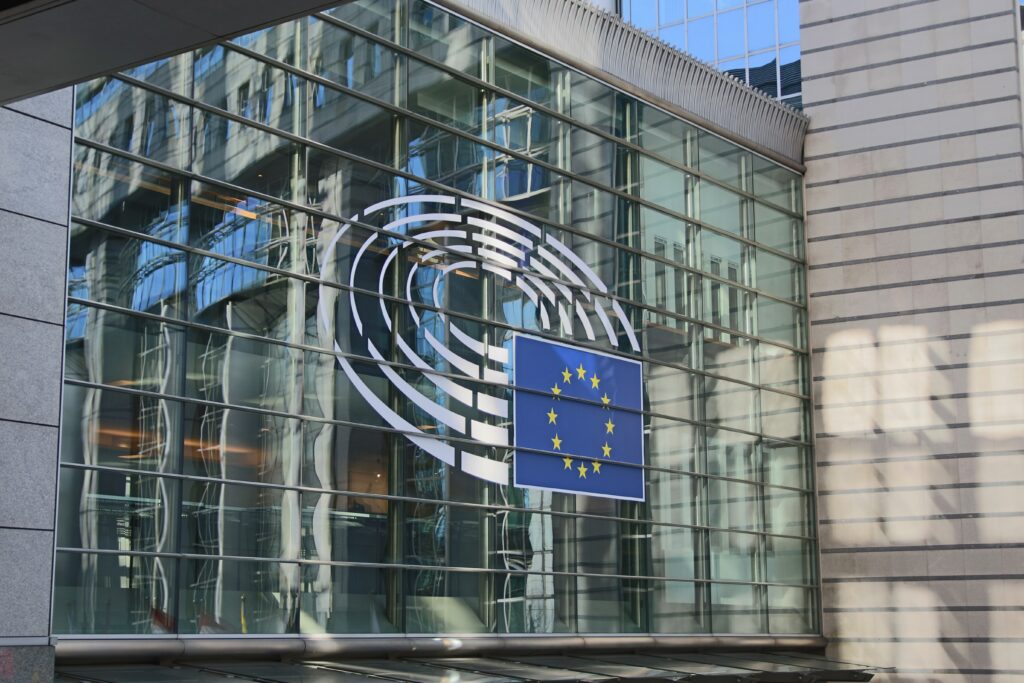
Higg Facility Tools
The Higg Facility Tools provide insights into social and environmental performance of manufacturing facilities so users can identify opportunities for continuous sustainability improvement.
From resource and energy use (Higg FEM) to working conditions (Higg FSLM), these tools provide insights that are critical to transforming the consumer goods industry into one that gives back more than it takes from people and the planet.



Higg Facility Environmental Module (Higg FEM)
A 2024 Fast Company “World Changing Ideas” finalist. For over a decade, the Higg FEM tool has helped companies build sustainability strategies based on credible data, pinpoint hotspots, and make breakthrough improvements on a global scale; today, it is used by over 20,000 companies worldwide.
The Higg FEM is a transformative tool used to assess the environmental impact of product manufacturing at facilities. Every stage of the production process is captured through this tool: from water and waste management to chemical and energy use. The Higg FEM not only uncovers hotspot areas for improvement, but also reduces redundancy and mitigates risk.
-
01Environmental Management Systems
-
02Energy Use and Greenhouse Gas Emissions
-
03Water Use
-
04Wastewater
-
05Air Emissions
-
06Waste Management
-
07Chemical Management
Higg FEM 4.0
The most comprehensive assessment for environmental performance in the consumer goods industry.
Higg FEM Data Quality
High-quality data is critical to the value and credibility of the Higg Facility Environmental Module (Higg FEM). Cascale and Worldly are continuously strengthening Higg FEM data quality across the entire process; from how information is entered to how it is verified.
Recent improvements include clearer guidance, updated emissions models aligned with the GHG Protocol, new validation rules to prevent common errors, and smarter platform features like automated outlier detection. We’ve also expanded our verification Quality Assurance program, reducing avoidable verification errors and increasing consistency across verifiers globally.
These updates help ensure Higg FEM results are more accurate, comparable, and reliable — supporting better decision-making for manufacturers, brands, and regulators.
Higg FEM Feedback
At Cascale, we deeply value the insights and feedback of our members, Higg Index users, and stakeholders, as they play a vital role in shaping and improving our tools. We invite you to submit your feedback on the Higg Facility Environmental Module (Higg FEM). Your input, particularly regarding suggested improvements to the module, will help us enhance its functionality, usability, and effectiveness.




